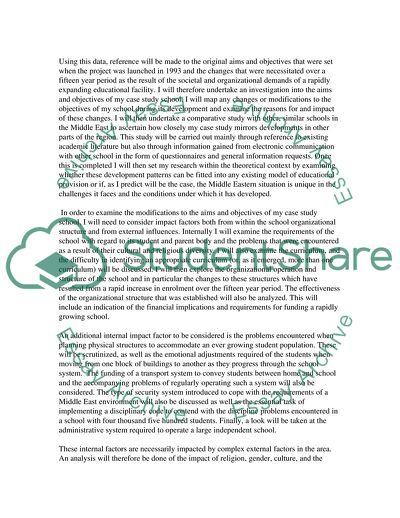Cite this document
(Development, Nature and Organization of a New Independent School in Case Study, n.d.)
Development, Nature and Organization of a New Independent School in Case Study. Retrieved from https://studentshare.org/education/1719400-an-analysis-and-evaluation-of-the-development-nature-and-organisation-of-xx-international-school-in-xxx-country
Development, Nature and Organization of a New Independent School in Case Study. Retrieved from https://studentshare.org/education/1719400-an-analysis-and-evaluation-of-the-development-nature-and-organisation-of-xx-international-school-in-xxx-country
(Development, Nature and Organization of a New Independent School in Case Study)
Development, Nature and Organization of a New Independent School in Case Study. https://studentshare.org/education/1719400-an-analysis-and-evaluation-of-the-development-nature-and-organisation-of-xx-international-school-in-xxx-country.
Development, Nature and Organization of a New Independent School in Case Study. https://studentshare.org/education/1719400-an-analysis-and-evaluation-of-the-development-nature-and-organisation-of-xx-international-school-in-xxx-country.
“Development, Nature and Organization of a New Independent School in Case Study”. https://studentshare.org/education/1719400-an-analysis-and-evaluation-of-the-development-nature-and-organisation-of-xx-international-school-in-xxx-country.


